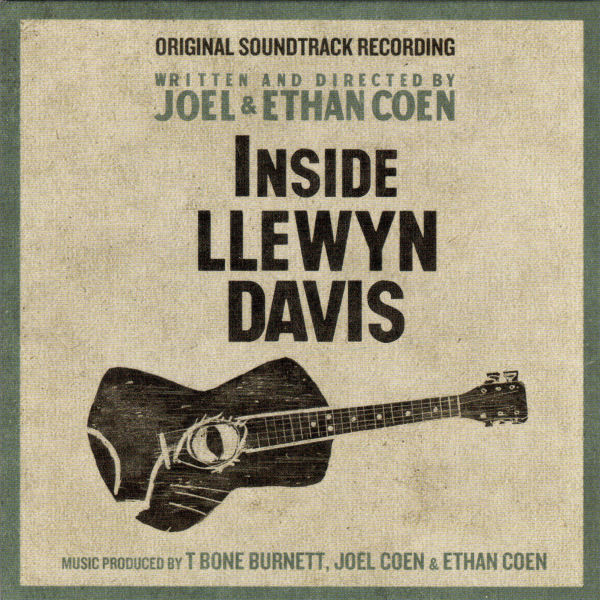by Chris Feil

"I don’t see a lot of money here."
With that cold, unfeeling line, F. Murray Abraham’s notorious club owner dismisses Oscar Isaac’s Llewyn Davis after a crucial impromptu audition. In so few words, he communicates that both Llewyn’s hard times and the commodification of his art form are here to stay.
After a taxing hitchhike from New York City on the promise of this gamechanger opportunity, the forever beleaguered Llewyn finagles his way into this audition and performs “The Death of Queen Jane”. The bitterness of Inside Llewyn Davis calms for Isaac’s crystalline vocals...
The performance coaxes the moment into quiet awed reverence. His vocals are the film’s bruised soul and here we get to simply bask in them for a moment of deceptive beauty. For this moment is also key in revealing Llewyn’s willful myopia. It’s not enough to sing any lovely song well, you must being willing to put the best version of yourself forward.
The cruelty of the universe is that Abraham’s Bud Grossman is kind of right - what does Llewyn reveal of himself in this performance? What will make the unfamiliar realize how special Llewyn’s gift is? Llewyn however takes only the part of the dismissal that ascribes his worth and not the scraps of a lesson he could use.
It’s the film’s pivot moment both narratively and musically, with the Coens most openly in dialogue with their financial success they had in the few years prior to Inside. It’s no mistake that they explore it through the mostly defunct art form of classic American folk music, and during the era that it was peaking in the mainstream. If we think in their misanthropy that they might be ambivalent to their success, here they show that success is irrelevant when compared to authenticity and artistic risk.
Llewyn still doesn’t really get it, reducing his contemporaries’ reaching for a wider audience as selling out or artistically inferior. The Coens however present us with a musical world where both commerce and artistic merit can coexist, with radio ready rehashes of “Five Hundred Miles” and “Fare Thee Well (Dink’s Song)” by famous names that still possess a deep well of feeling. They even allow that the truly inane can also be an artistry unto itself (as if chapters of their filmography haven’t proved that already), with the ridiculous earworm “Please Mr. Kennedy”. For Llewyn, this is a creative nadir born purely out of shortsighted necessity and an embarrassment. The Coen brothers don’t see why that is a problem and give us a number of high-risk absurd genius. UH OH, Llewyn is the only one not having fun.
But when Llewyn chooses “The Death of Queen Jane”, the over-simple standard is a wall he imposes, revealing nothing of himself so that he must sacrifice even less. It’s not until the film’s closing that he approaches this kind of necessary soul baring, exorcizing or at least acknowledging the demons of his deceased partner with a “Fare Thee Well (Dink’s Song)” reprise. But immediately the tidal shift arrival of Bob Dylan signifies that it might be too little too late with Llewyn’s cyclical behavior to change his own tide. Nonetheless, we’re left with a truly stirring and emotionally vulnerable performance.
All Soundtracking installments can be found here!